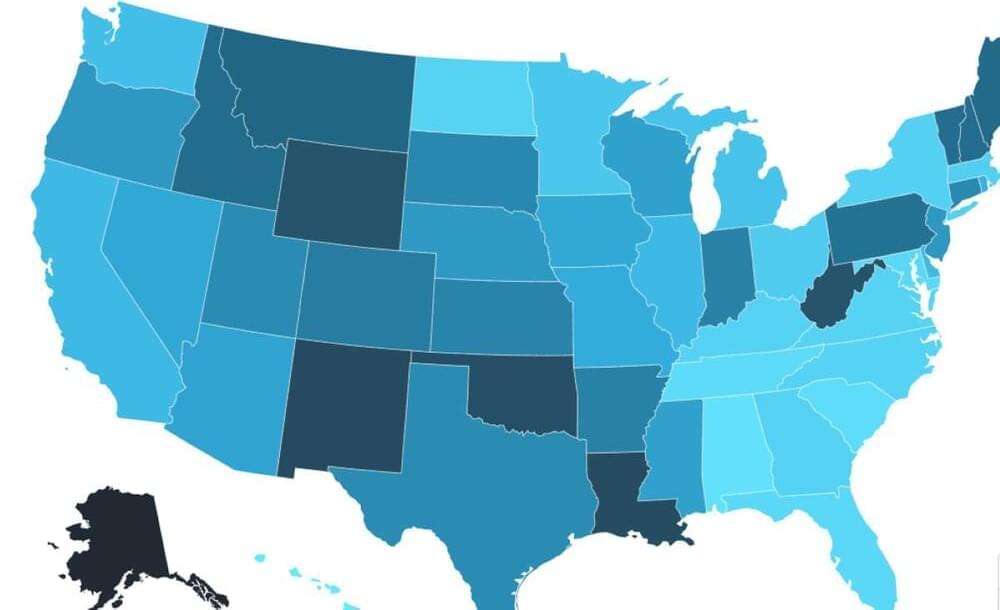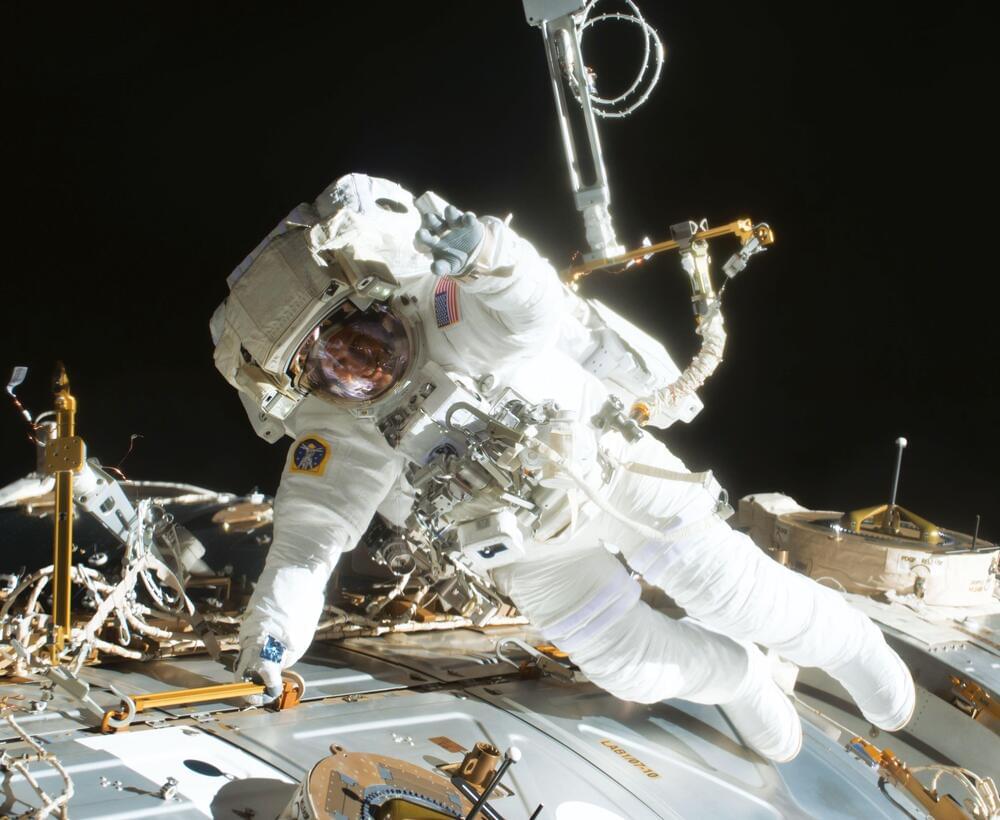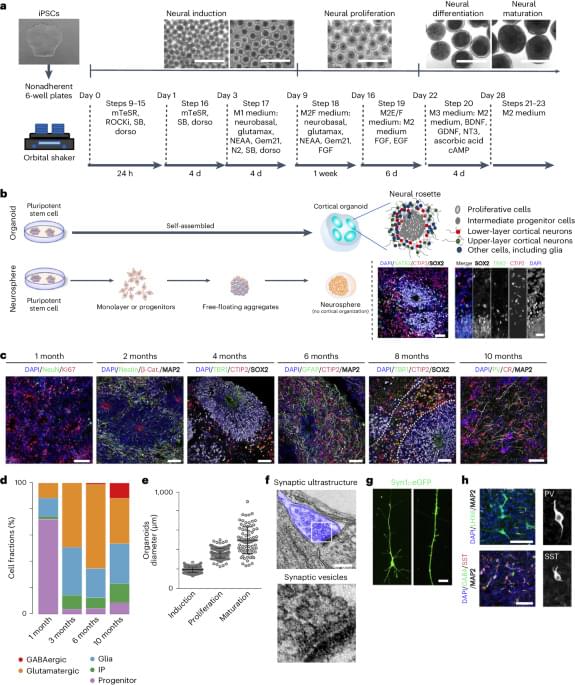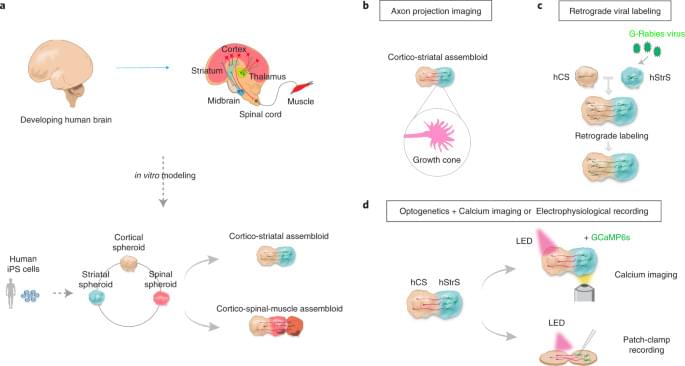Newsweek ranked which states had the fewest health-related water safety violations based on data from the Environmental Protection Agency.




There are plenty of reasons why Google would be interested in going down this route. For example, closer integration would make Android handsets more compatible with Chromebooks. However, it appears the main reason for the move is to accelerate the delivery of AI features.
As the Mountain View-based firm explains, having Chrome OS lean more on Android’s tech stack will make it easier to bring new AI features to Chromebooks. The company adds that along with the change, it wants to maintain the “security, consistent look and feel, and extensive management capabilities” that users are acquainted with.
Google is working on the updates starting today, but notes that users won’t see the changes for a while. The tech giant claims that when everything is ready, the transition will be seamless.

An all-electric Jeep Renegade is finally confirmed. Even better, it will start at under $25,000 as Jeep expands into new markets. In the US, the Jeep Renegade EV will join two other all-electric Jeep vehicles, the Wagoneer S and Wangler-inspired Recon.
The news was confirmed during Stellantis 2024 Investor Day on Thursday. Jeep’s electric Renegade will be among three new EVs launching in North America.
Although Jeep was recently voted America’s most patriotic brand, sales have slipped over the past few years. After sales quadrupled in the US, reaching nearly 1 million in 2018, Jeep has struggled to gain momentum.

Hong Kong (CNN) — Tesla is one step closer to launching full-self driving (FSD) technology in China after it clinched an agreement with Baidu to upgrade its mapping software.
The Chinese tech giant said Saturday that it was providing lane-level navigation services for Tesla cars. Baidu (BIDU) says this level of navigation can provide drivers with detailed information, including making lane recommendations ahead of upcoming turns, to enhance safety.




The study is based on several intriguing coincidences. First, observations show that there is about the same amount of ordinary and dark matter, which exceeds baryonic by about five times. And secondly, neutrons and protons have almost the same mass, which allows them to form stable atoms — this is a random but stable property of the quantum world, because otherwise our universe would not be home to any of the atoms that make up stars, planets and ourselves.
In fact, the theory suggests that there may be a parallel universe like ours in which neutrons and protons do not have such convenient symmetry in mass. In this world, there is a “soup” of subatomic particles that interact little, which explains why dark matter does not seem to clump together.
It is important to note that this is just one more of many hypotheses that try to explain the mystery of dark matter – an annoying and lingering unknown in our understanding of the universe.
